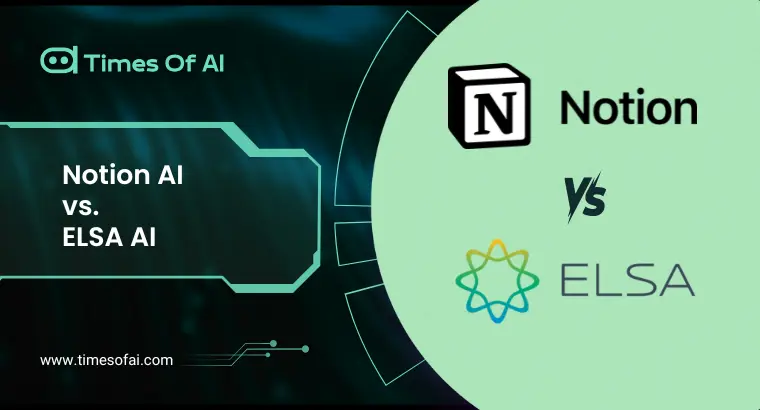
The potential mitigation of premature brain aging is a widely acknowledged benefit of brain age estimation. Scholars at Drexel University, a prestigious private institution located in Philadelphia, Pennsylvania, United States of America, have developed an artificial intelligence (AI) method. This method uses electroencephalogram (EEG) brain scans to determine an individual’s brain age.
This transformative technology makes degenerative brain disease scanning more accessible than before. The research report’s findings have been published in the ‘Frontiers in Neuroergonomics’ journal. John Kounios, a Drexel University professor, is the leader of the research team that carried out the study. They assert that machine learning serves as an effective tool for estimating an individual’s age.
Machine learning algorithms of today can get crisp ideas from MRI (magnetic resonance imaging) of people’s brains. It can evaluate the age of an individual’s brain based on their MRI by feeding brain MRIs into a machine learning algorithm. The team of creative researchers at Drexel University chalked out the method for electroencephalograms instead of MRI. The captain of Drexel University’s research team asserted that it can serve as a gauge of overall brain health. According to him, disease history, bad nutrition, injury, and toxins are the main causes of the brain age gap.
Although brain age estimates are an indispensable part of critical health, they have not been widely used in the healthcare sector. Experts point out that brain age estimation was previously done in research laboratories since brain MRI is costly. A machine learning algorithm for estimating brain age using EEG scans will be an effective screening tool for brain health.
John Kounios is confident that the new AI technology can be used as a comparatively cheap way to screen scores of individuals for age related vulnerabilities. Healthy people can make use of this technology to test the influence of lifestyle changes as a vital part of a comprehensive strategy for brain performance optimization.
DiagnaMed, a Canadian healthcare establishment, has received a license for this AI-based brain age calculation technology. It is expected that DiagnaMed Holdings will convert this massive artificial intelligence technology into a modern day digitally equipped health platform. Fengqing Zhang, Yongtaek, and Jessica Flek were part of the research team at Drexel University.
The new pathbreaking technology has sparked active discussions about the effectiveness of screening and optimization. The recently introduced AI technology offers the advantage of cost-effective and widespread implementation.
The immense adoption potential of this revolutionary technology in health clinics, the workplace, and the home is demonstrated by its dependable outcomes, user-friendliness, and low implementation expenses. Brain age calculation technology is a highly applicable method for evaluating the brain’s overall health in the twenty-first century.
The new technology is a guide to the effects of pathological, genetic, lifestyle, and environmental factors on brain aging. This technology was implemented with a cost-effective and user-friendly EEG headset. Its resulting prototype can be used to predict the chronological age of other people, and brain age estimation through EEG is an excellent option when compared to brain age estimation with Magnetic Resonance Imaging.





